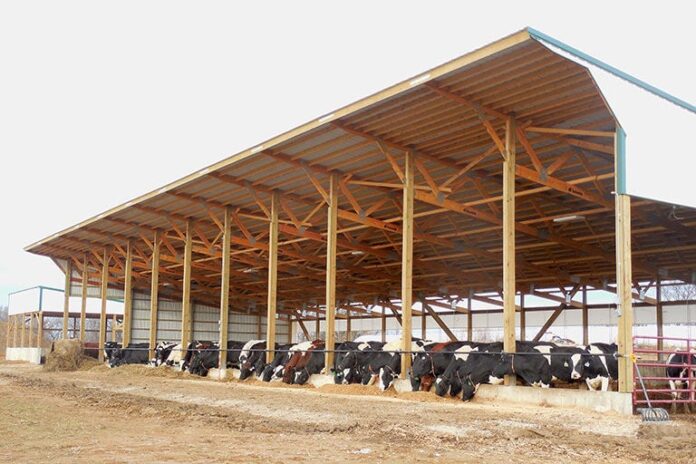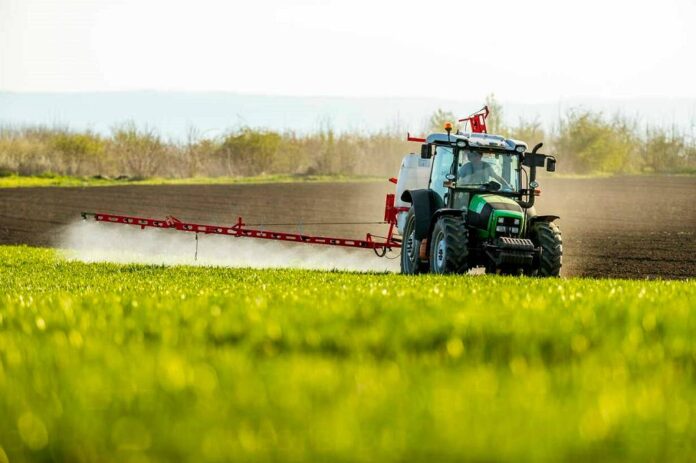For many people, the idea of turning their homestead into a small business is a dream come true. It’s not just about living off the land; it’s about making a sustainable income from it. While this endeavour may seem daunting, it’s entirely possible with the right approach and dedication.
1. Identify Your Niche
The first step in turning your homestead into a small business is to identify your niche. What sets your homestead apart from others? Is it the unique produce you grow, the animals you raise, or the sustainable practices you follow? Your niche will be the foundation of your business, so choose it wisely.
2. Create a Business Plan

Once you’ve identified your niche, it’s time to create a solid business plan. This plan should outline your goals, target market, budget, and marketing strategy. A well-thought-out business plan will serve as your roadmap and help you stay on track as you work towards profitability.
3. Legal and Regulatory Considerations
Before you start selling products or services from your homestead, you’ll need to navigate the legal and regulatory requirements. This may include obtaining permits, and licenses, and adhering to zoning regulations. It’s essential to do your research and ensure that you’re operating within the law.
4. Expand Your Livestock Operation

One of the most effective ways to turn your homestead into a small business is by expanding your livestock operation. Livestock farming offers a steady source of income and various opportunities for diversification. This does come with additional expenses, however. You will likely have to invest in additional fencing, more feed, and probably one or two small grain bins to hold the feed. But, if managed carefully, the investment will pay off in the long run.
-
Diversify Your Livestock
Consider diversifying your livestock to cater to different markets and niches. Raising a variety of animals such as cattle, sheep, goats, and chickens can provide a range of products from meat and dairy to eggs and wool. Each product can be sold locally or through farmers’ markets, creating multiple revenue streams.
-
Quality Over Quantity
While expanding your livestock, prioritize the quality of care and nutrition your animals receive. Well-cared-for animals not only produce better products but also attract customers who value ethical and sustainable farming practices.
5. Specialize in Organic Foods

Consumers today are increasingly seeking organic and locally sourced foods. Specializing in organic products can set your homestead business apart from conventional farms and enhance its profitability.
-
Organic Eggs
Start by focusing on organic egg production. Raise hens in free-range or pastured systems and provide them with organic feed. Promote your eggs as healthy, ethically produced, and free from harmful chemicals. Establishing a loyal customer base can lead to steady egg sales.
-
Organic Milk and Dairy
Consider dairy farming if you have the infrastructure and resources. Organic milk, cheese, and yoghurt are highly sought after. Ensure your dairy animals are well-cared for, and adhere to organic farming practices for certification.
-
Organic Honey
Beekeeping is another excellent organic option. Producing organic honey requires maintaining healthy hives in areas free from pesticides. The demand for pure, organic honey is growing, and it can be a valuable addition to your product lineup.
6. Essential Investments

Expanding your homestead into a small business may require additional investments. While each homestead’s needs differ, here are some common items you may need to purchase:
-
Farm Equipment
Invest in essential farming equipment like tractors, ploughs, and irrigation systems. Used equipment can be cost-effective, but ensure it’s in good working condition.
-
Livestock Infrastructure
Expand your livestock facilities if necessary. This includes building barns, shelters, and fencing to provide a comfortable and secure environment for your animals.
-
Processing Facilities
If you’re producing dairy, meat, or other processed products, you may need a processing facility. This facility should meet health and safety regulations and be equipped with the necessary tools for production and packaging.
-
Market Stall or Storefront
If you plan to sell your products directly to consumers, invest in a market stall or storefront. Make it visually appealing and inviting to attract customers.
7. Marketing Your Homestead Business

Effective marketing is key to turning your homestead into a successful small business.
-
Create a Brand
Develop a unique brand identity for your homestead business. This includes a memorable logo, product labels, and a compelling story that highlights your commitment to quality and sustainability.
-
Online Presence
In today’s digital age, having an online presence is crucial. Create a website and utilize social media platforms to showcase your products, share updates, and connect with potential customers. Consider selling products online to reach a broader audience.
-
Community Engagement
Engage with your local community by participating in farmers’ markets, fairs, and other events. Hosting workshops or farm tours can educate the public about your practices and build trust.
8. Sustainability and Eco-Friendly Practices

Incorporate sustainable and eco-friendly practices into your homestead business. Consumers are increasingly conscious of the environment, and businesses that prioritize sustainability often appeal to a broader audience. Implementing eco-friendly practices not only benefits the planet but can also reduce operational costs.
9. Financial Management
Effective financial management is crucial for the success of your homestead business. Keep accurate records of income and expenses, set a budget, and regularly review your financial statements. This will help you make informed decisions and ensure the financial health of your business.
10. Networking and Collaboration

Don’t underestimate the power of networking and collaboration. Connect with other local businesses, farmers, and artisans. Collaborative efforts, such as joint marketing campaigns or co-hosted events, can expand your customer base and provide valuable support.
11. Adaptability and Flexibility
In the world of small business, adaptability is key. Be prepared to pivot and adjust your strategies as needed. Market conditions, customer preferences, and external factors can change, so stay flexible and open to new opportunities.
Transforming your homestead into a small business is an attainable goal with careful planning, dedication, and a commitment to sustainability. By expanding your livestock operation, specializing in organic foods, making essential investments, effective marketing, and prioritizing sustainability, you can turn your homestead into a successful and profitable venture. Remember, success may not happen overnight, but with persistence and a passion for farming, your homestead business can thrive and provide a fulfilling livelihood.









